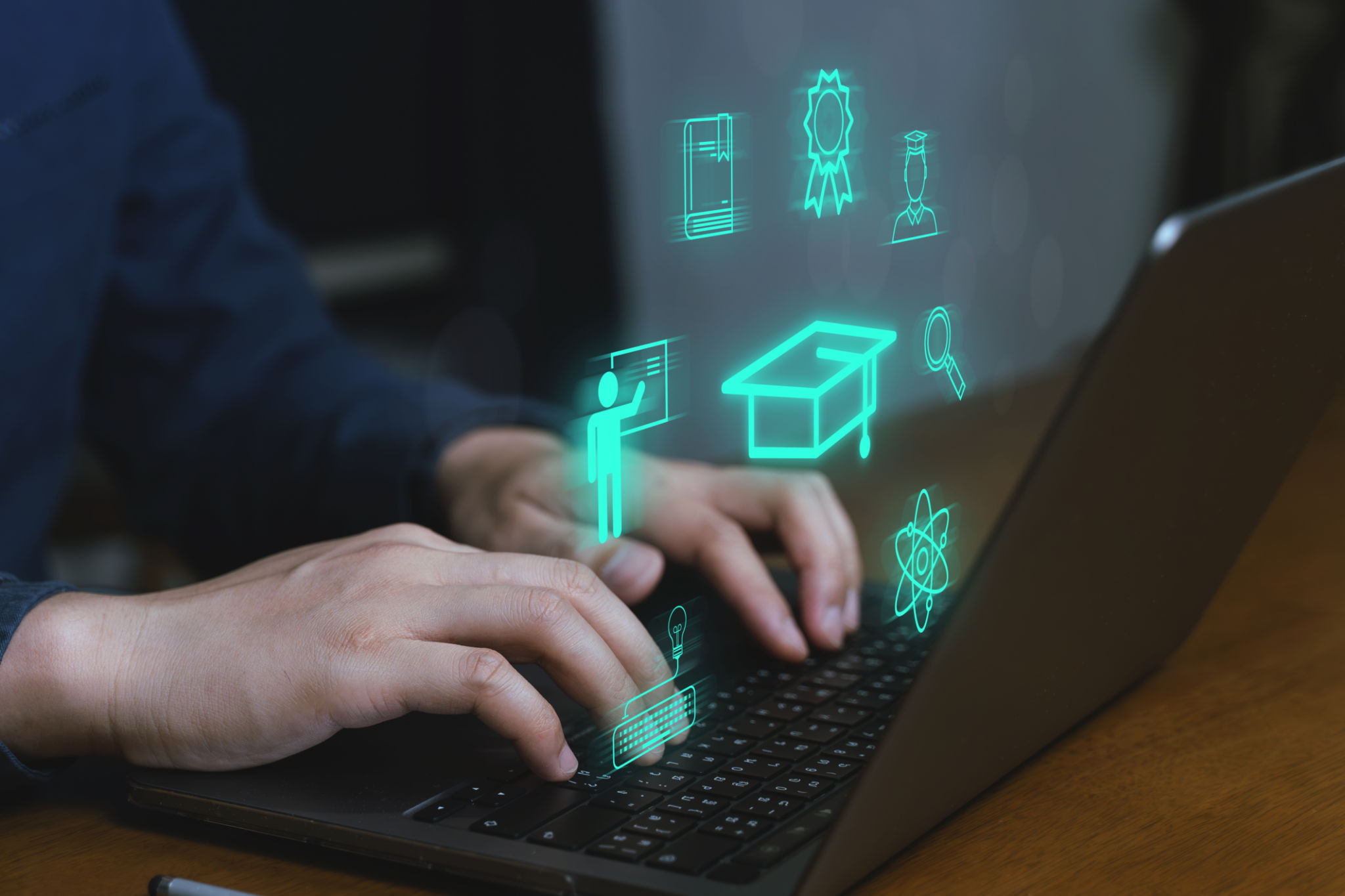Crafting Personalized Learning Experiences with Educational Management Platforms
Introduction to Personalized Learning
In recent years, the concept of personalized learning has gained significant traction in the educational landscape. This approach tailors educational experiences to meet the unique needs of each student, fostering a more engaging and effective learning environment. With the advent of educational management platforms, educators now have powerful tools at their disposal to craft these personalized experiences efficiently.

The Role of Educational Management Platforms
Educational management platforms are digital solutions designed to streamline various administrative and instructional processes. These platforms offer a suite of tools that allow educators to customize learning paths, track student progress, and adapt teaching methods based on individual performance. By integrating technology, these platforms make it easier for teachers to implement personalized learning strategies.
Features That Enhance Personalization
Several features within educational management platforms contribute to crafting personalized learning experiences:
- Adaptive Learning Technologies: These systems use algorithms to adjust the complexity of tasks based on a student's performance, ensuring that each learner is challenged appropriately.
- Data Analytics: Educators can access real-time data on student progress, which helps them identify areas where students may need additional support.
- Customizable Content: Teachers can modify or create content that aligns with the individual interests and learning styles of their students.

The Benefits for Students and Educators
Personalized learning through educational management platforms offers numerous benefits for both students and educators. For students, this approach can lead to increased motivation, as they engage with content that resonates with their interests and abilities. It also allows for a more flexible pace, accommodating different learning speeds.
For educators, these platforms reduce administrative burdens by automating tasks such as grading and attendance tracking. This efficiency enables teachers to devote more time to developing innovative instructional strategies that cater to diverse classroom needs.
Challenges and Considerations
While the advantages are clear, implementing personalized learning through educational management platforms is not without its challenges. One significant consideration is ensuring equitable access to technology. Schools must address potential disparities in device availability and internet connectivity to ensure all students can benefit from these digital tools.

Additionally, educators need adequate training to effectively leverage these platforms. Professional development opportunities are essential to help teachers understand how to integrate technology seamlessly into their instructional practices.
Future Prospects
The future of personalized learning with educational management platforms looks promising. As technology continues to advance, we can expect even more sophisticated tools that enhance personalization. Innovations such as artificial intelligence and machine learning could further refine adaptive learning technologies, providing even more tailored educational experiences.
Ultimately, the goal is to create a dynamic and inclusive educational environment where every student has the opportunity to succeed. By embracing educational management platforms, schools are taking significant steps toward achieving this vision.
